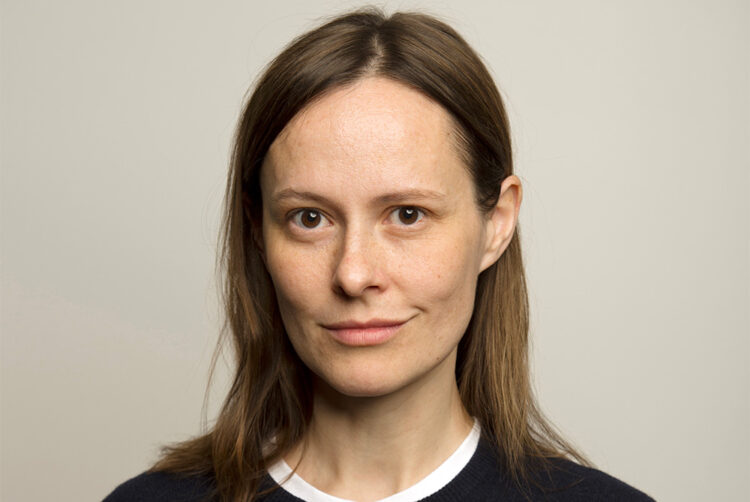Guardian creates advertising agency council


The Guardian will enlist “senior journalists and editors” to become more involved in commercial operations with the launch of a new “UK council” for advertising agencies.
The newsbrand’s advertising agency council is the first initiative by chief advertising officer Imogen Fox since her appointment earlier this year. One of Fox’s key areas of focus is to enhance the Guardian’s relationships with brands and agencies.
The first council meeting took place yesterday (11 October), featuring guest speaker Dan Milmo, The Guardian’s global technology editor who shared journalistic insights on the future of generative AI, news and advertising.
Goodstuff Communications’ managing director Laura Moorcraft, who attended the inaugural meeting, described it as “a refreshingly unique forum to debate and discuss important topics like the impact of generative AI on journalism and advertising with Guardian experts and industry leaders.”
The aim of the council, which will meet once a quarter, is to foster collaboration, innovation, and in-depth discussions on some of the biggest challenges and opportunities facing the advertising industry today.
However, while journalists are encouraged to provide editorial insights into commercially-driven conversations with ad agencies, there will be Chatham House restrictions placed on what editors can report on, so that “all participants can share insights freely and candidly”.
Council members are also being promised “exclusive looks” at new Guardian Advertising products and services before they are launched on the market.
In a statement, publisher Guardian News & Media said: “The council consists of bright minds from across a diverse array of media agencies and the Guardian, including some of its most senior journalists and editors who will be providing their expert editorial views. The group will meet quarterly to discuss a range of both timely and future thinking topics such as new technologies, sustainability, data privacy, diversity and inclusion and new trends.”
The separation between a newsbrand’s commercial operation and its editorial team has traditionally been regarded as sacrosanct.
While there is no suggestion that bringing journalists into the room with ad agencies will compromise their integrity, it’s hard to imagine such an idea would have been tolerated in UK news publishing in previous generations, let alone publicised.
But media and advertising have changed, not only in terms of economics (the rise of digital and decline of print readership continues to fundamentally challenge news publishers commercially), but also philosophically — the idea of “church v state” has been adapting before our eyes for many years.
Indeed, The Guardian has pioneered this through the launch of Labs nine years ago. Led by Anna Watkins, Guardian Labs was founded as a “branded content agency”. This inevitably creates a potential for tension between a newsdesk, which is supposed to source and publish content based on editorial values, and proximate commercial concerns.
Helping to ameliorate concerns, however, is a clear strategy when it comes to taking money from more controversial advertising sectors. For example, The Guardian announced it would cease doing business with gambling companies earlier this year.
More generally, a media owner creating a “council” for advertisers is a well-trodden tactic for building relationships with agencies keen for an inside track. When it was known as Facebook, Meta’s then commercial chief Carolyn Everson became renowned for hosting an annual ski trip as part of leading the Facebook Client Council.
